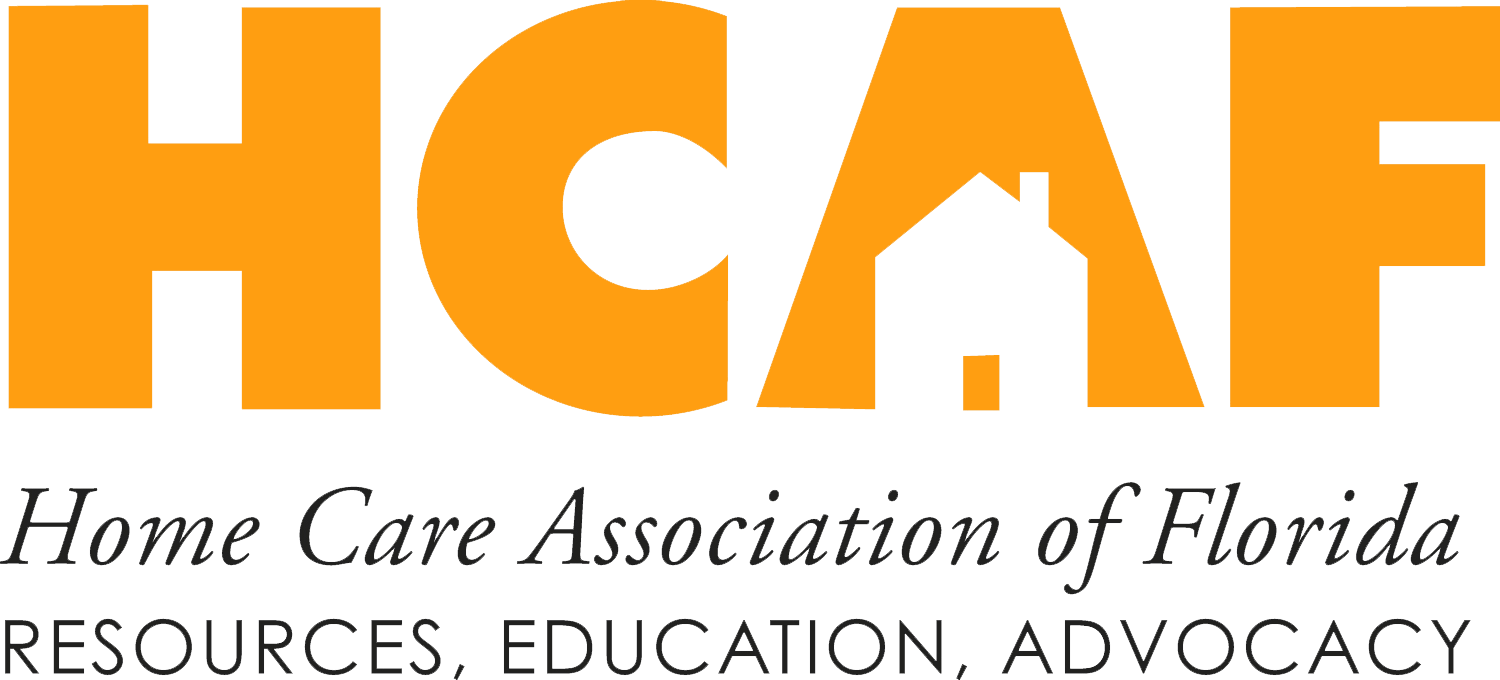Empowering Health Care: The Transformative Impact of Advanced Technology on Patient and Family Engagement

Empowering Health Care: The Transformative Impact of Advanced Technology on Patient and Family Engagement
By TJ Patel, Founder & Chief Executive Officer, Care Coordinations
In the rapidly evolving landscape of health care, the traditional model of passive patient care is being replaced by a dynamic paradigm where patients and their families actively participate in their ongoing care and well-being. Technological advancements play a pivotal role in this transformation, turning patient engagement from a mere administrative task into a two-way street of communication and collaboration. This shift is not just a trend; it's backed by research indicating improved health outcomes, reduced costs, and increased satisfaction for engaged patients and family caregivers. In this blog, we'll delve into the importance of patient and family engagement, exploring how advanced technology is reshaping the caregiver-patient relationship.
The Vital Role of Patient and Family Engagement
Patient and family engagement is a collaborative approach involving patients and their families in the health care process, turning them into partners in decision-making and treatment planning. Studies, such as those conducted by the Agency for Healthcare Research and Quality (AHRQ), highlight that engaged patients are more likely to adhere to treatment plans, leading to better health outcomes.
Effective engagement results in more personalized care, heightened patient satisfaction, and improved management of chronic conditions. Research in the Journal of Patient Experience (JPX) suggests that robust engagement can reduce hospital readmissions by up to 25%.
Common Problems in Patient and Family Engagement
Limited Access to Patient Information: Fragmented medical records across different health care providers pose a significant challenge, hindering comprehensive access to a patient's health history. Privacy laws and system inefficiencies can exclude family members from active involvement, leading to frustration and decreased patient satisfaction.
Ineffective Communication Between Care Teams and Families: Communication errors, identified by the Joint Commission as a leading cause of medical errors, underscore the challenges in maintaining consistent and clear dialogue between health care providers and families. Equal access to engagement opportunities for all family members remains a challenge.
Lack of Personalization in Care: The traditional 'one-size-fits-all' approach in health care falls short of meeting individual patient needs, resulting in less effective treatment outcomes and disengagement among patients and families.
Technological Solutions Transforming Engagement
Care Coordination and Patient Engagement Software: Care coordination and patient engagement software is a valuable tool that promotes a patient-centric approach, fostering collaboration and communication between health care providers and patients. By improving access to information, streamlining processes, and encouraging active participation, these platforms contribute to better health outcomes and a more satisfying health care experience for both parties.
For Providers
Enhanced Communication: Patient engagement software facilitates real-time communication between health care providers and patients. This ensures that important information, instructions, and updates are easily accessible, leading to improved understanding and compliance.
Streamlined Workflows: Implementing patient engagement tools streamlines administrative tasks, reducing paperwork and enhancing overall efficiency. Automated appointment scheduling, prescription refills, and billing processes free up valuable time for health care professionals to focus on providing quality care.
Remote Monitoring and Management: Many patient engagement tools incorporate remote monitoring capabilities, enabling health care providers to track patients' vital signs and health data outside traditional clinical settings. This is especially beneficial for managing chronic conditions and preventing hospital readmissions.
For Patients
Accessible Health Information: Patient engagement software provides patients with easy access to their health records, test results, and care plans. This transparency empowers individuals to be more informed about their health status and actively engage in their care.
Convenient Communication: Virtual consultations, secure messaging, and appointment reminders through patient engagement tools enhance communication between patients and providers. This is particularly beneficial for individuals with mobility issues or those in remote locations.
Appointment Scheduling and Telehealth: Patient engagement platforms often offer convenient appointment scheduling and telehealth options, reducing the need for physical visits and improving access to care, especially for those with transportation challenges.
Conclusion
In conclusion, the transformative journey of patient and family engagement in health care is driven by advanced technology. From telemedicine to remote monitoring, these innovations are reshaping the health care landscape, offering improved access, communication, and outcomes. Embracing these technological advancements is not just a choice; it is a necessity for ensuring a brighter, more patient-centric health care future.
TJ Patel is a physical therapist holding a Doctor of Physical Therapy (DPT) degree and serves as the founder and CEO of Care Coordinations. Care Coordinations operates as a HIPAA-secured interdisciplinary communications platform, facilitating patient and family engagement across various post-acute care providers. Committed to enhancing efficiencies, Care Coordinations empowers clinicians to communicate securely and efficiently, thus allowing for more dedicated time to patient care. The platform offers unlimited bi-directional communication between post-acute care providers and patients and their family caregivers, automated appointment reminders and surveys, as well as bereavement program support. For further inquiries, please contact Andrew Ostrander at aostrander@carecoordinations.
